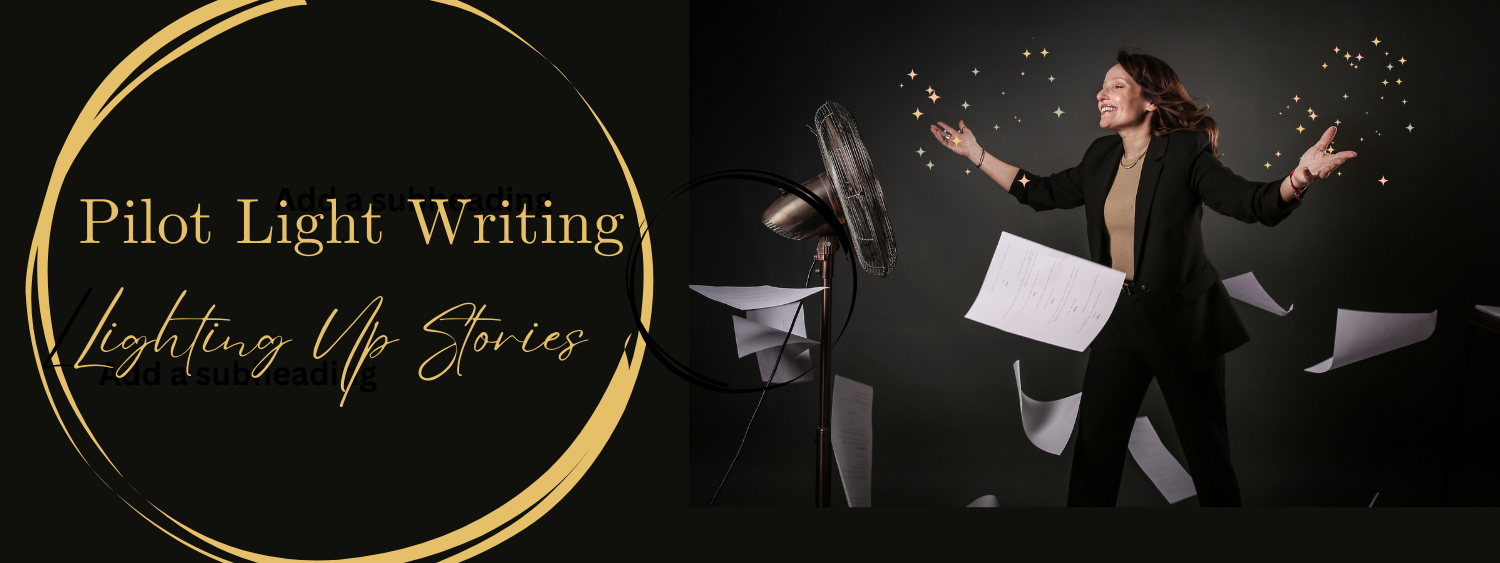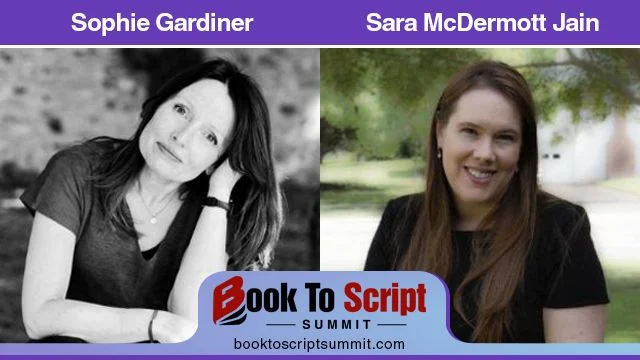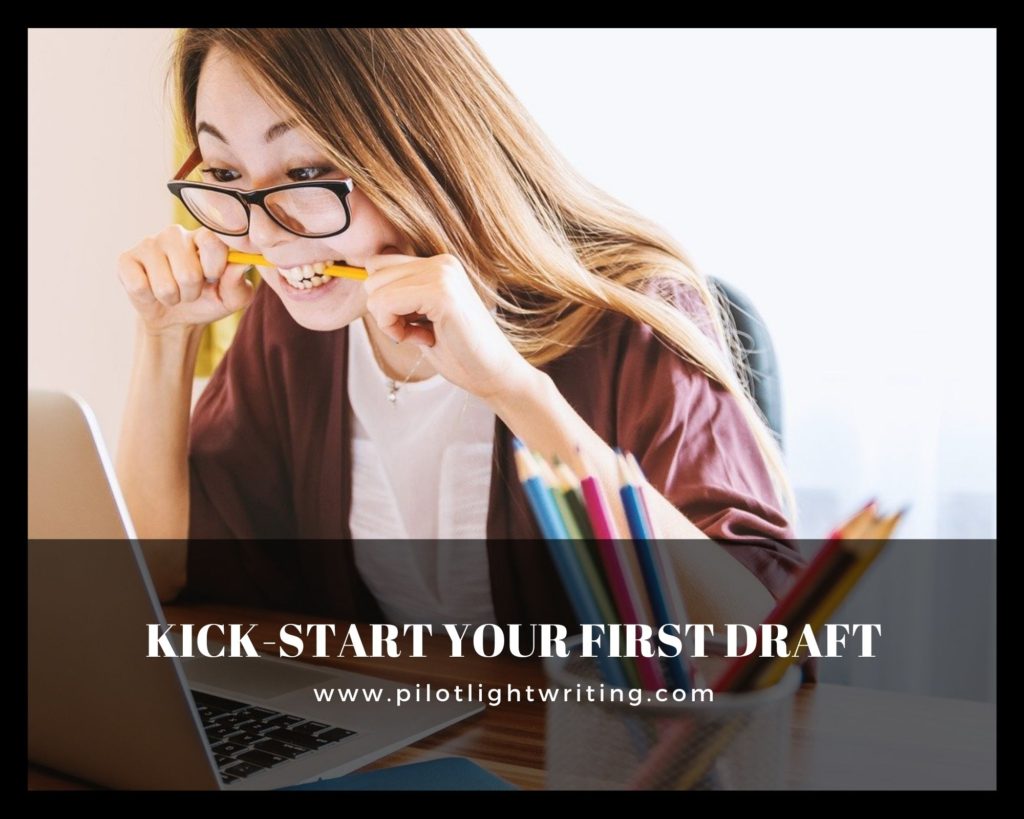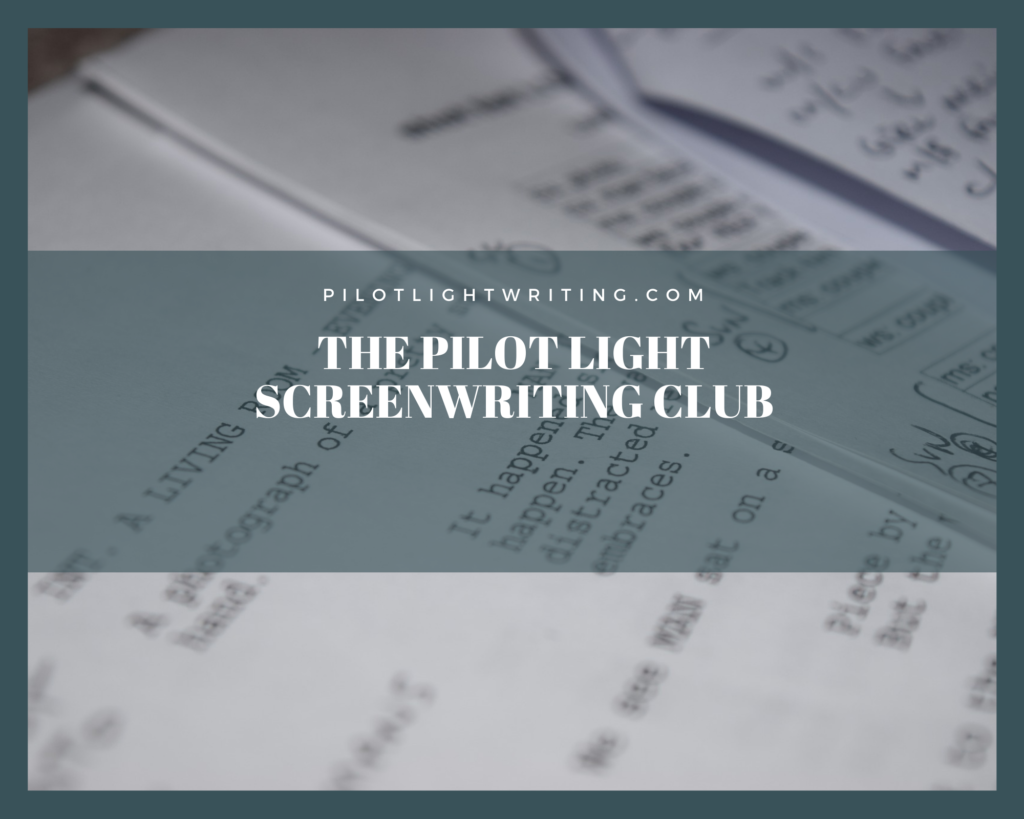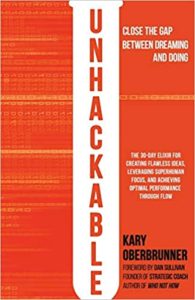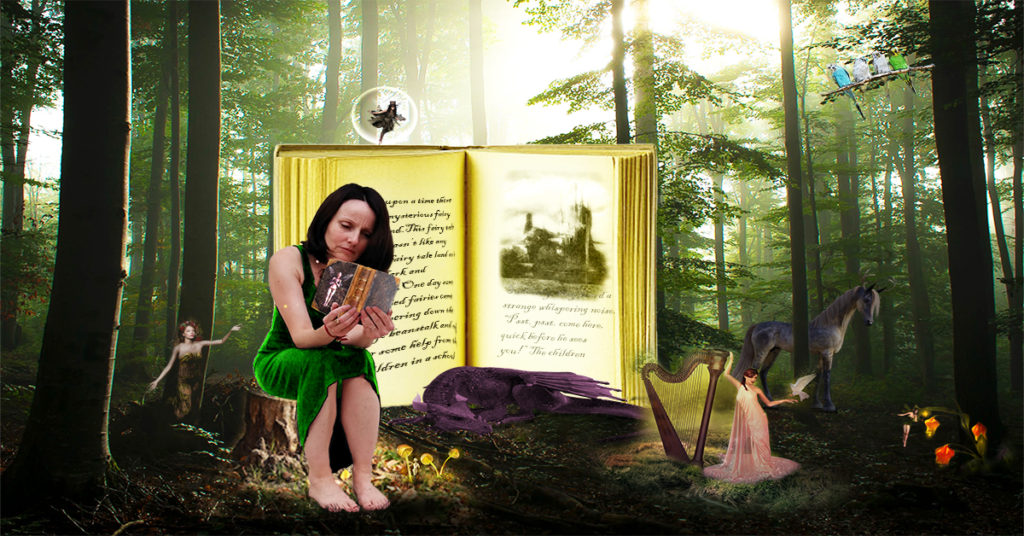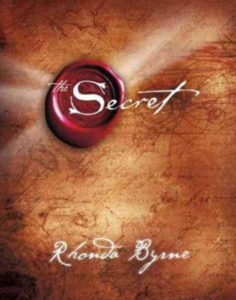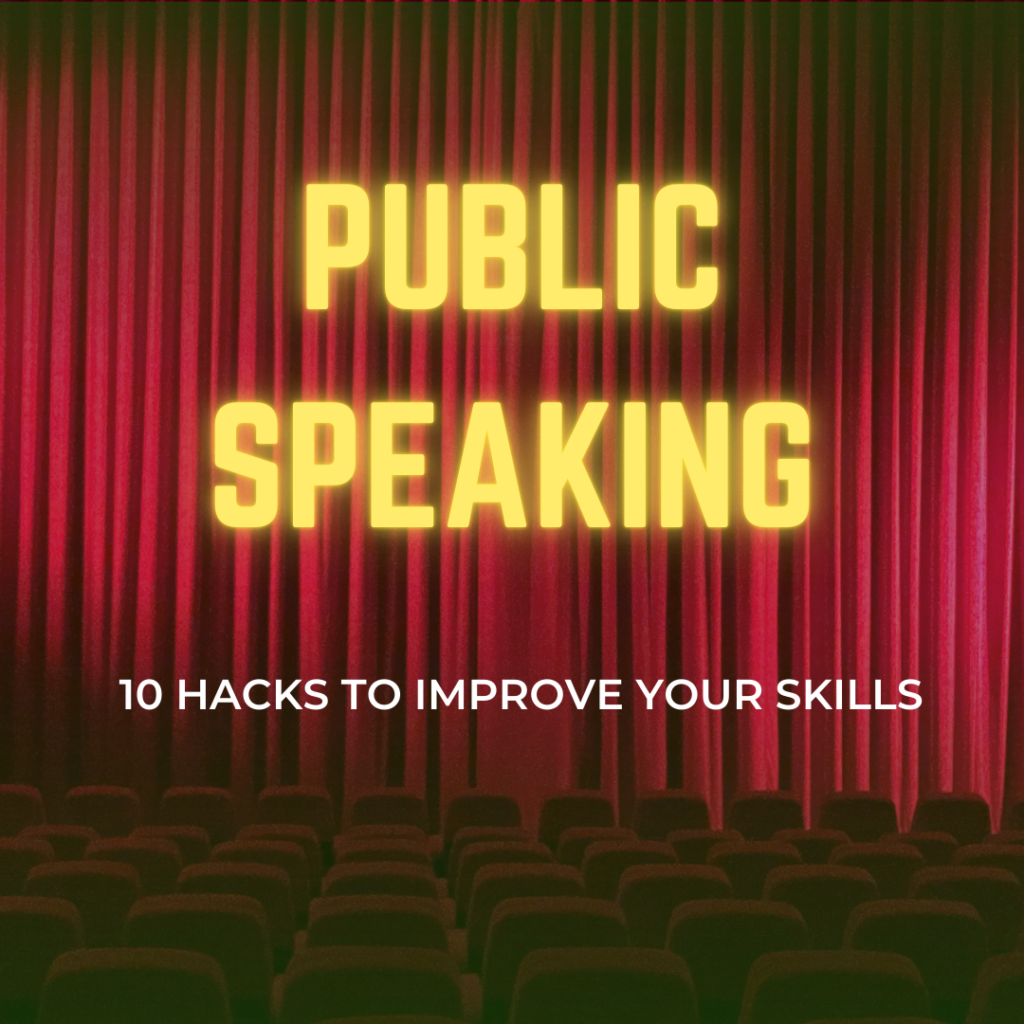
Who’s not afraid of talking in front of random people ?
And if I hear ‘Hey I’m not !’ It’s because you’ve done it before.
So here is the deal, you have an important pitch, an interview in front of a panel of people or even bigger…. a public speaking gig and you don’t know how the hell you’re going to survive this.
BREATHE. You’ve got this.
Here are 10 ways to get you started.
1. Be prepared
Oh gosh. There’s nothing worse than getting in front of people when you don’t know:
a) what to expect.
b) when you don’t know your subject.
So first, do some research. Find out what you have to talk about.
Secondly, ask for how long you’ll be interviewed for.
My best interviews are the ones when the host told me as many details as possible beforehand. Then I know what I will be talking about. I can get my bullet points ready. When I say BULLET POINTS I mean it. I don’t prepare a speech ever. I prepare KEYWORDS.
For an interview, I try to prepare all the questions they could ask me.
For a pitch or a gig, I prepare all the major points to highlight.
Prepare your subject inside out. Know it. Own it. Breathe it.
2. Feel the room
Before going to a new classroom, I FEEL the space.
I send greetings to it and to the people to come.
I become one with the walls, the desk, the stage, the mousepad and the computer. I prepare a magic bubble.
When my energy settles in, that’s it baby, I’m in.
But what if you don’t have access to the room beforehand?
Can you google the room or place? Can you arrive a bit earlier?
If you can’t, simply close your eyes and visualize the space, the people, and see yourself completely at ease in it.

Image by EnergieDeVie from Pixabay
If you have a pitch, pitch it to everyone you know.
Let them ask you questions and answer them.
If can’t answer their questions, do your homework and get ready.
4. Choose comfortable clothes
Make an effort for your audience as if you were going on a date. Because it’s kind of a date anyway.
However you don’t want to wear something that is not you. If you never wear high heels, it’s not the time to try them out. Just be the best version of yourself. Enough to breathe confidence.
Don’t think too much of how you look though. Focus on what you are for, on the message you need to deliver. Focus on your audience not on how you look.
5. Pump up the volume
Before you get dressed, blast some Led Zep and dance, get some steam off.
Enough to feel so damn good. You need to have a high level of energy.
Have you ever come across a teacher or a speaker that has no enthusiasm whatsoever? It sends you right to sleep or make you think of your to do list. The last thing you want is to bore your audience.
Enthusiasm is contagious. Remember this.
6. Tell yourself a white lie
Don’t say ‘I’m nervous’. Your brain is listening and as a result, it will make you sweat and stutter.
Instead tell yourself: ‘I’m so excited’. Your brain will also be listening and will help to go through it with ease.
7. Send love to your audience
They’re not your enemies. They want to learn from you.
They want to be inspired, to be motivated, to be enlightened. They want to spend a good time with you and you with them.
So send them love, you’re on the same page.
If you can, make eye contact with them, smile, send them good vibes. I promise you they’re going to feel it.
I teach a lot. And as it happens, I really love my 100+ students each year and the former ones too. I love their beautiful bright minds and as a result, I get brilliant results from my students, no one drops my class and they send me so much LOOOOve.

Image by Photo Mix by Pixabay
8. Be entertaining
Boredom is your worst enemy.
The brain is sensitive to contrast. Therefore, in your speech, try to be lively.
Speak slow and then fast, crack a joke, be thoutful. Change your tone.
Mix your presentation. Have slides, film extracts, games, jokes and try to improvise if you can.
Don’t bore them with details or long anecdotes about your life. They don’t care. It’s all about them baby.
9. Be respectful
Be respectful in your speech of course but also with their time. They’re hear to learn something. They want a takeaway.
Figure out what they need and give it to them. They need to come out of your speech totally transformed.
One of the best seminar I have assisted in my life was ‘Breaking into Script Reading’ with Lucy V. Hay. I was a different person when I came out of this. Life changing.
10. Have a blast and do it again
My first live gig, I’m not going to lie to you. I was awful.
My first class, I was nervous as hell, my body was shaking, I was stuttering and sweaty. A nightmare.
Fortunately, I had no choice, I had to show up every week, so after a while, the shaking stopped. It took me years to feel at ease. Now I can say that I am a truly blessed teacher who has a blast with her students.
After my awful first gig, I had another one and another one and another one. I started to chill. Even better, I started to enjoy it. A few years back, no way I was going to say that!
Practice makes it perfect they say. I say practice makes it better.
And also, don’t forget that those events are wonderful opportunities to meet wonderful people. They can create new openings, new job opportunities, new luck in your life, so go for it!
By the way, here is my last gig and gosh I loved doing it. I hope they’re going to call me again next year!
